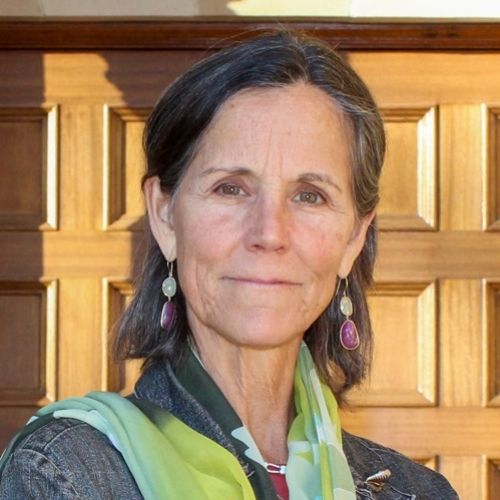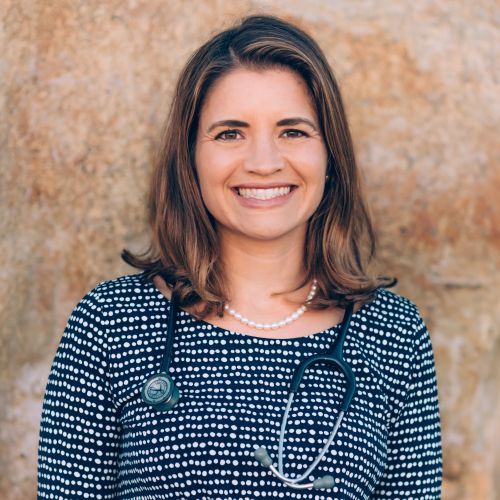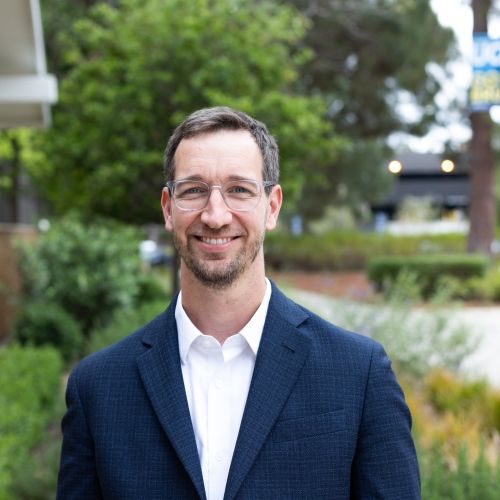Even with insurance, disparities remain in HIV/AIDS care among racial/ethnic minorities and seniors
Dr. Chandra Ford, professor of community health sciences, will lead a study examining factors preventing diagnosis and care.
People who are HIV-positive but begin care immediately can live long and stable lives; however, many do not. Among HIV-positive persons, blacks, Latinos and people 50 and older have disproportionately high rates of HIV/AIDS, and also die at disproportionately high rates. These disparities may even exist among people who have health insurance, which is perplexing to health professionals.
Now researchers from the UCLA Fielding School of Public Health and Kaiser Permanente Southern California have been awarded a $1.5 million grant from the National Institute of Nursing Research to understand this conundrum. Led by Chandra Ford, an assistant professor in the Department of Community Health Sciences at the Fielding School, the study will compare diverse managed care enrollees based on their assigned health care providers and the neighborhood conditions in which they live.
“We want to know if there is something about the neighborhoods where people live, and the settings where they receive healthcare; for example, settings that mostly serve poor versus non-poor patients,” said Ford. “We also want to examine the kinds of providers they see, perhaps a provider of the same or different race or ethnicity. That may shape patients’ experiences receiving HIV/AIDS services. Further, are there some patients who face unique challenges because of these factors?”
The four-year study will also identify neighborhood conditions and provider factors that may make it hard for HIV-positive people to maintain their health. “This study expands on our prior work by focusing on insured patients and determining if--despite having insurance--blacks, Latinos and older adults face greater challenges to HIV/AIDS care than other patients do.”
The researchers will examine the electronic medical records (EMRs) of adults who receive their health care from Kaiser Permanente Southern California. They will analyze data from the last five years (2008-2012) of patients who were tested for HIV while receiving their primary care, to see if these patients faced any challenges receiving their diagnosis, treatment and care over the long term. The researchers will next link the EMRs to public data obtained from the Centers for Disease Control and Prevention and to socioeconomic indicators from the U.S. Census.
“By examining care patterns in this fully insured population, we may generate new insights into disparities,” said Ford. “Ultimately, we hope the findings will help insurers, providers and policymakers develop strategies to improve access to and equity in care across the lifespan for diverse individuals and communities.”
The interdisciplinary collaboration will leverage the expertise of a diverse team of new and seasoned investigators including William Cunningham, Lois Takahashi, Adey Nyamathi, and Chi-hong Tseng, UCLA; and Rulin Hechter from Kaiser Permanente Southern California.
Faculty Referenced by this Article

Professor of Community Health Sciences & Health Policy and Management, and Associate Dean for Research

Director of Field Studies and Applied Professional Training

Robert J. Kim-Farley, MD, MPH, is a Professor-in-Residence with joint appointments in the Departments of Epidemiology and Community Health Sciences

Assistant Dean for Research & Adjunct Associate Professor of Community Health Sciences










































